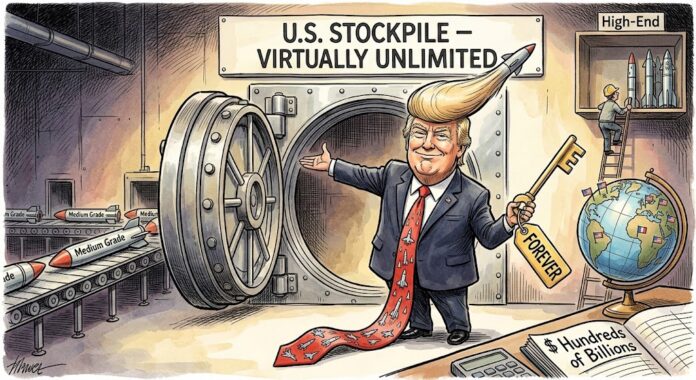Two senior officials from the International Monetary Fund (IMF) have put forward a bold proposal to significantly reduce carbon emissions by targeting the crypto mining industry with higher electricity costs. The plan, as outlined by Shafik Hebous, Deputy Division Chief of the IMF’s Fiscal Affairs Department, and Nate Vernon-Lin, Economist in the Climate Policy Division, suggests a global tax increase on crypto mining electricity that could cut emissions and boost government revenues.
Hebous and Vernon-Lin propose raising the average global electricity cost for crypto miners by 85%, through a tax set at $0.047 per kilowatt hour. According to the IMF, this measure would push the crypto mining industry to align its emissions with global environmental targets. The idea is that by making electricity more expensive, miners would have no choice but to adopt more sustainable practices or reduce their energy consumption.
The impact of this proposal goes beyond just making mining more expensive. It also has significant potential for public finances. The IMF estimates that this tax could increase global government revenues by a staggering $5.2 billion annually. Moreover, the reduction in emissions would be substantial—about 100 million tons per year, which is roughly equivalent to the total emissions of a country like Belgium. The environmental and financial benefits of such a policy are clear, but the challenge lies in global implementation and enforcement.
The IMF’s analysis highlights the environmental footprint of crypto mining, using Bitcoin as a prime example. A single Bitcoin transaction is said to consume as much electricity as the average person in Pakistan uses over three years. This startling comparison underscores the immense energy demands of the crypto industry. In contrast, even cutting-edge technologies like artificial intelligence are noted to have significant energy requirements, with models like ChatGPT using ten times the power of a Google search.
But the IMF’s proposal doesn’t stop with crypto. The officials also suggest introducing a similar energy use tax on AI data centres, which are becoming increasingly vital in today’s digital economy. They propose a tax of $0.032 per kilowatt hour for AI data centres, which could rise to $0.052 when pollution costs are factored in. This tax could potentially generate $18 billion in government revenue each year. The rationale behind this is that, while these data centres are often located in regions with greener electricity, the sheer scale of their energy consumption still presents a significant environmental challenge.
The broader context of this proposal is a growing concern about the environmental impact of emerging technologies. A recent IMF paper warned that crypto mining could be responsible for 0.7% of global carbon emissions by 2027. When combined with the emissions from AI data centres, this figure could rise to 1.2%, or 450 million tons of carbon emissions in total. These projections highlight the urgency of addressing the environmental consequences of our increasingly digital world.
However, the proposal is not without its challenges. Implementing such a tax on a global scale would require unprecedented international cooperation. There would also be significant opposition from the crypto industry, which is likely to argue that such a tax would stifle innovation and drive miners to less regulated regions with cheaper electricity. Furthermore, the effectiveness of the tax would depend on the availability of greener energy alternatives for miners to transition to, as well as the enforcement mechanisms in place to ensure compliance.
Despite these challenges, the IMF’s proposal marks a significant step towards addressing the environmental impact of crypto mining and AI technologies. It reflects a growing recognition that as these technologies become more integral to our economy, they must also be held accountable for their environmental footprint. The proposal also signals a shift in how global institutions like the IMF are approaching the intersection of technology, finance, and sustainability.
While the debate around this proposal will likely be intense, its implications are clear: the days of unchecked energy consumption in the name of digital innovation may be numbered. If implemented, this tax could reshape the landscape of crypto mining and AI, pushing these industries towards a more sustainable future. The coming years will be crucial in determining whether the world’s governments can come together to turn this proposal into reality, and whether the crypto and AI industries can adapt to a new era of environmental accountability.




